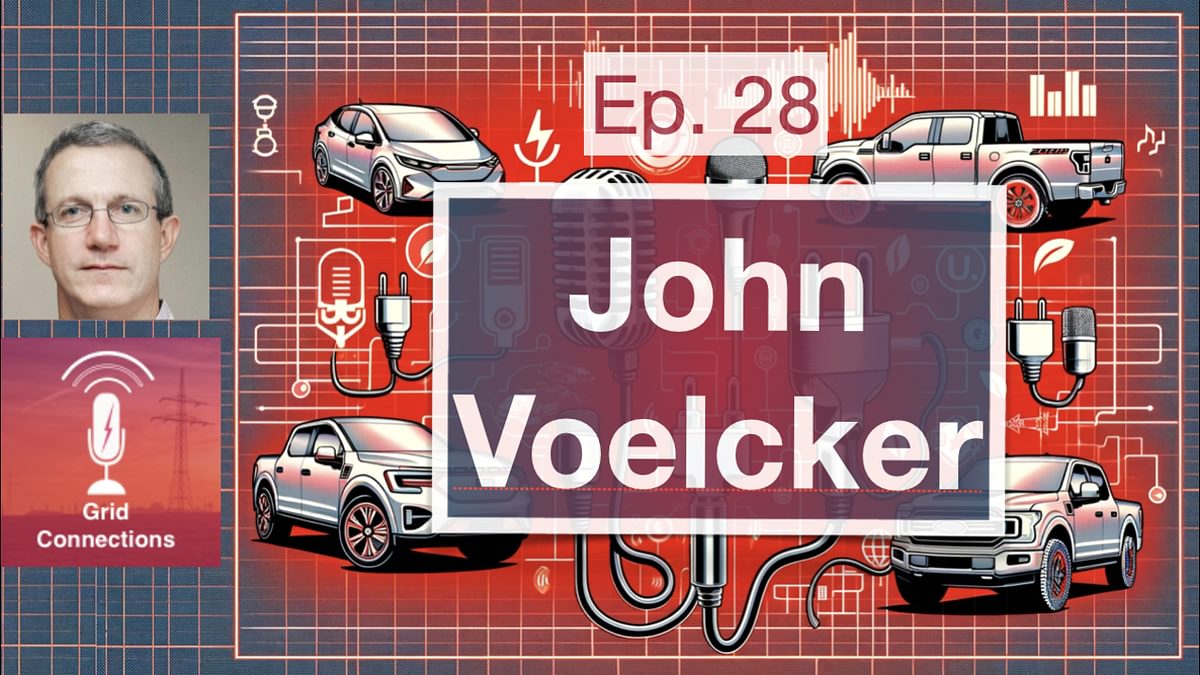
The evolution of electric vehicle (EV) charging infrastructure in North America has been a topic of much debate and speculation. In today's episode of the Grid Connections podcast, John Voelcker, a respected voice in the automotive industry, shared his candid views on the subject, offering a mix of disappointment, insight, and forward-looking thoughts.
Voelcker pointed out a critical misstep by the automotive industry in North America: an over-reliance on historical precedents set by traditional fueling methods. He highlighted how the industry, rather than innovating and taking charge of the EV charging infrastructure, seemed to wait for it to develop organically. This expectation mirrors the century-old model of outsourcing fueling responsibilities, famously associated with John D. Rockefeller, without acknowledging the significant investment and initiative required to build a new infrastructure from scratch.
Drawing parallels from the hydrogen fuel cell vehicle market, Voelcker shared a telling quote from a Toyota executive, lamenting the absence of a hydrogen fueling infrastructure as a significant barrier to sales. This sentiment encapsulates a broader industry challenge: the need for substantial investment in charging infrastructure to support the widespread adoption of EVs. Tesla, according to Voelcker, recognized this early on and took commendable steps to develop its Supercharger network, effectively setting a high standard for what comprehensive and accessible charging infrastructure can look like.
The conversation also touched upon recent developments involving major automakers like Ford and General Motors entering agreements with Tesla for access to its Supercharger network. Voelcker sees these moves as pivotal, yet he remains cautious, suggesting the outcomes and integration of such partnerships are still uncertain.
Addressing the notion that the "charging wars" have been resolved with Tesla's dominance, Voelcker offers a tempered perspective. He acknowledges Tesla's advantages, especially its ability to monitor and adjust the charging process through direct communication with its vehicles' battery packs. However, he also raises concerns about compatibility and the willingness of other manufacturers to share critical data with Tesla, emphasizing the complexity of integrating different EVs with Tesla's proprietary charging technology.
In essence, while Tesla has made significant strides in developing its charging network, suggesting a single winner in the "charging wars" is premature. The evolution of the EV charging infrastructure is ongoing, with many challenges and opportunities ahead. John even covered the recent announcement from several automakers coming together to create their own charging network known as Ionna. While investments in electric vehicle charging infrastructure continune to grow from both the private and public sectors it's still early days for the industry in North America. Clearly Tesla has the lead but as the landscape continues to evolve, collaboration, innovation, and investment will be key to building a robust and accessible charging network that can support the growing adoption of electric vehicles across North America.

